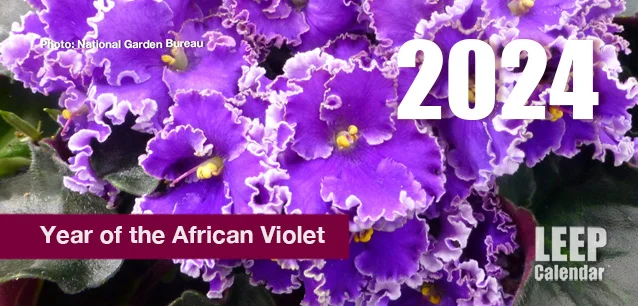 AD
AD
Today is: November 24
Scroll to explore events active on this date.
Additional Events on LEEP
LEEP INK FEATURES

August is Appropos
A toddler playing in the fountain at a park in Santa Fe, New Mexico—Photo LD Lewis. In August, we live through the Dog Days of Summer. It's hot and often humid, and those ...

September is Sassy
Can you hear that sigh of relief from parents worldwide? Yes! September marks the return of students to school, a global phenomenon. Preparations for the ACT and SATs begin earnestly for ...

OOH LA LA, October
October is the busiest month for events, with 5% more happening than in May, the second most eventful month. Sailing enthusiasts will be glued to the finals of this year's Am...
About the Abolition of Slavery in Mauritius
Career , Politics
Africa
Ends: Feb 01, 2025
DESCRIPTION:
FREEDOM!
ABOUT THE PUBLIC HOLIDAY MARKING THE ABOLITION OF SLAVERY IN MAURITIUS.
The Abolition of Slavery in Mauritius was a significant historical event on February 1, 1835. This date marks the end of a brutal and oppressive system that had persisted on the island for nearly two centuries, during which enslaved Africans and Malagasy people were forcibly brought to Mauritius to work on sugar plantations under inhumane conditions.
The history of slavery in Mauritius began in the early 18th century when the island was a French colony. The French settlers established sugar plantations and relied heavily on slave labor to cultivate and process sugar cane, which became the backbone of the island's economy. Slaves were subjected to harsh treatment, including long working hours, inadequate food and shelter, and severe punishments. Families were often torn apart, and the enslaved population had little to no rights or freedoms.
When the British took control of Mauritius in 1810, they continued the practice of slavery despite growing abolitionist movements in Europe. However, the pressure from these movements, combined with the moral and economic arguments against slavery, eventually led to its abolition across the British Empire, including Mauritius.
The abolition of slavery in Mauritius on February 1, 1835, was a turning point in the island's history. Although emancipation was declared, the transition was far from smooth. The newly freed individuals were often subjected to exploitative labor conditions under the guise of indentured servitude as planters sought to maintain their workforce. Many of the former slaves remained economically and socially marginalized, and it took decades for significant improvements in their living conditions.
The abolition's importance lies in its profound impact on Mauritian society and its legacy in the fight for human rights. February 1 is now commemorated as Abolition of Slavery Day in Mauritius, a public holiday that serves as a day of remembrance and reflection. People participate in various ceremonies, cultural events, and educational programs that honor the resilience of the enslaved and celebrate the progress made toward freedom and equality.
The history of slavery in Mauritius and its abolition is crucial in understanding the island's diverse cultural heritage, as many Mauritians today are descendants of enslaved people. The legacy of slavery has left an indelible mark on the nation's identity, influencing its languages, traditions, and social structures.
VIDEOS
SUPPORTING DOCUMENTS
Currently, this event does not have supporting documents.
ADDITIONAL IMAGES
Currently, this event does not have supporting images.
Where would you like to go now?
 AD
AD




































































/footer-logo.svg)
